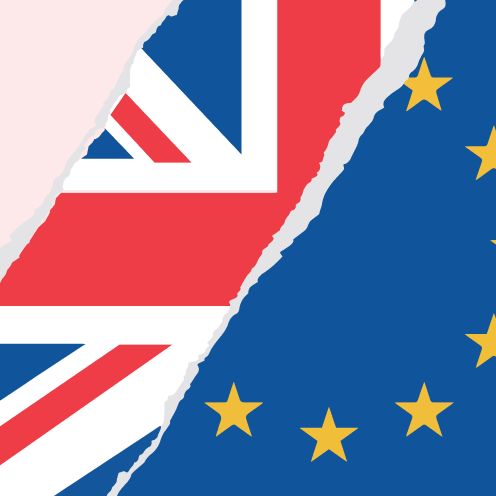Police deny claims Vote Leave investigation was delayed by 'political sensitivities' over Brexit
Electoral Commission referred Leave.EU to police in May, and Vote Leave in July
Police have denied allegations that “political sensitivities” have delayed a probe into potential criminal offences committed by pro-Brexit campaign groups.
London's Metropolitan Police is yet to make a decision on whether to launch a criminal investigation into Leave.EU, Vote Leave and BeLeave, months after the cases were referred by the Electoral Commission.
In response to a letter from a Green member of the European Parliament (MEP), Commander Stuart Cundy, of the specialist crime branch, said officers did not receive evidence including more than 2,000 documents until 7 September.
“These documents are being assessed by specialist investigators, supported with advice from the Crown Prosecution Service, in order to make an informed decision as to whether a criminal investigation is required,” he said.
“There has been reporting that the MPS enquiries have made no progress, inferring this was due to ‘political sensitivities’. That is not the case.”
Commander Cundy added: “There has been no contact from any government representative making enquiries into the status of the MPS enquiries.”
The senior officer said the only approach from any politicians, political parties or officials had been to urge Scotland Yard to undertake a wide-ranging investigation into the European Union referendum.
He stressed that referrals from the Electoral Commission do “not automatically mean a criminal offence has been committed” and added: “It is absolutely imperative we assess the evidential material that is available in order to make an informed decision as to whether there are matters that require a criminal investigation.”
Commander Cundy said the Metropolitan Police will make its decision public but did not give a deadline for it.
A spokesperson for the Electoral Commission confirmed that police obtained the necessary evidence for the investigation last month.
“The Electoral Commission concluded its investigation into Leave.EU on 11 May and into Vote Leave on 17 July,” she added.
“In both cases we immediately referred the responsible person for each organisation to the Metropolitan Police. At the same time, we informed the police of the referrals and explained that the evidence was ready for them to collect as soon as they made the necessary routine data protection request. The police made that request in late August and collected the evidence files in early September.”
The watchdog fined Leave.EU £70,000 by the Electoral Commission for incorrectly reporting what it spent at the EU referendum.
It exceeded its statutory spending limit and delivered incomplete and inaccurate spending, loan and transaction returns, including over services from an American strategy firm, the commission said.
It concluded that there were “reasonable grounds to suspect that the responsible person for Leave.EU committed criminal offences”.
Two months later, the Electoral Commission found that Vote Leave and BeLeave broke electoral law by failing to declare joint working or adhering to legal spending limits.
Darren Grimes, the founder of the BeLeave campaign group, was found to have committed two offences and was fined £20,000.
David Halsall, the responsible person for Vote Leave, was also referred to the Metropolitan Police in relation to false declarations of campaign spending.
Earlier this month, more than 70 politicians of all parties wrote to police and the National Crime Agency calling for criminal investigations into Vote Leave to be pursued.
Molly Scott Cato, a Green MEP who was among the letter’s signatories, said the investigation should be a “matter of urgency” as the UK prepares to leave the EU in March.
“I welcome the reassurance from the Metropolitan Police Service that political sensitivities are not impeding this investigation, but progress is far too slow,” she said. “The fact that it took so long for evidence to reach the Met Police from the Electoral Commission undermines the sense that this crucial investigation is being taken seriously. We need this to be treated as an urgent matter.
“If crimes have been committed and prosecutions are likely to follow, this could change minds over Brexit. We need this information ahead of the date the UK is due to leave the EU, so that it can form part of the public debate on this vital decision.”
